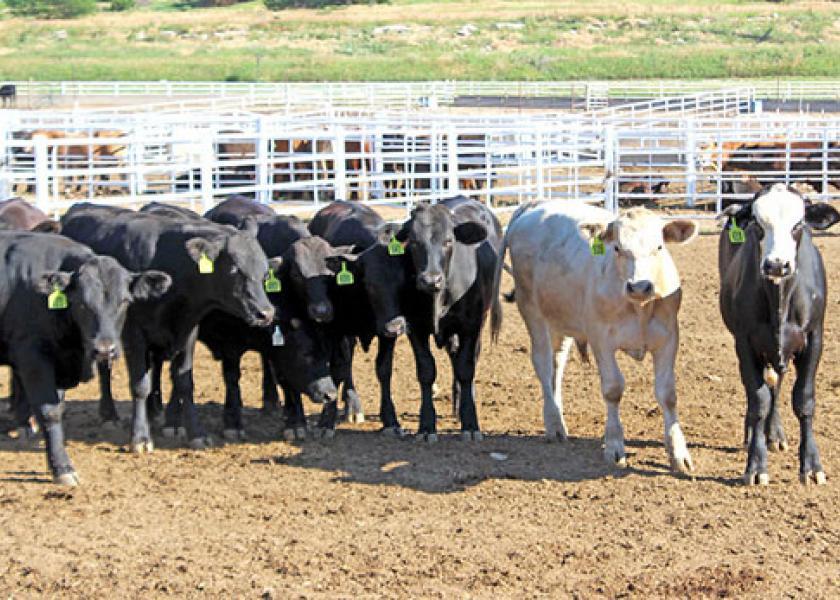Calf Care in the Spotlight

Proper care for calves sets them up for a lifetime of success. Here's a curated collection of Bovine Veterinarian's top calf care tips from 2020.
Invest Time Into Caring For Calves
It is important for cattle producers to take the time to observe newly weaned calves for the early stages of illness.
Know a Calf’s Vital Signs
Calves coming down with illness often are very good at masking their symptoms in the early stages.
Most Passive Immunity Occurs in the First Six Hours
Resistance to disease is greatly dependent on antibodies or immunoglobulins. Passive immunity gives temporary protection by transfer of certain immune substances from resistant individuals.
'Don't Kiss the Calves'
Dairy calves can transmit any number of diseases to their human handlers or those who pet them.
S. Dublin On the Rise
Pay particular attention to hutch and transition calves.
Calf Tube Feeding Done Right
An esophageal tube feeder can be a lifeline for young calves, delivering colostrum, milk or electrolytes when they are unable to suckle a bottle. But incorrect use of these feeders can be dangerous or even deadly.
Take The Guesswork Out Of ‘Bloat’ In Calves
While a distended abdomen can certainly happen in calves of all ages, a true ruminal bloat is not common in young calves—even though visual signs might indicate otherwise.
Consistency Rules in Preventing Abomasal Bloat in Calves
Abomasal bloat is a frustrating, mysterious, and often acute disease that affects young preweaned dairy calves, sometimes literally overnight.







